Here's why you should get a gaming laptop as your next work or college laptop
Gaming laptops are now so good they are great for work, play and everything in between
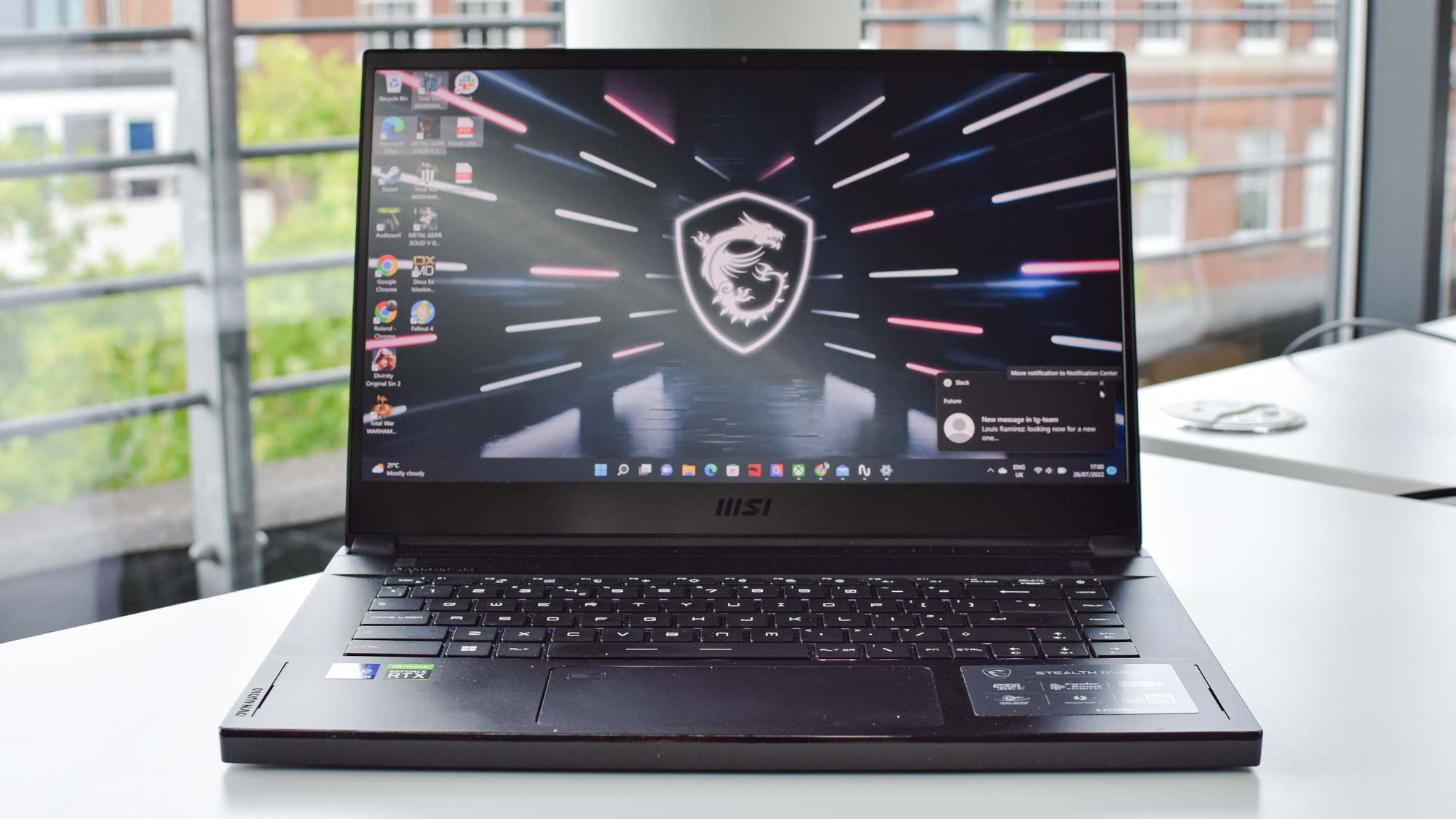
Think of the best laptops for college or best laptops for work and your mind’s eye will probably conjure up images of something like a Dell Inspiron or Lenovo ThinkPad — and more recently the likes of the Microsoft Surface Go 2 — or if you’ve got a bit of cash to splash, perhaps a Dell XPS 13 or MacBook Pro.
But I’m here to suggest another way: gaming laptops.
Stop the snickering in the back. I’m not talking about the red accented lumps of plastic and aluminum you may have seen in the past. Rather, I’m keen to recommend a closer look at today's slick and sophisticated looking gaming laptops. These have now been refined to make for somewhat do-everything machines for work, play and everything in between.
Slim and light gaming laptops are nothing new, with the likes of the Razer Blade 15 integrating gaming power with a MacBook Pro-like design a good few years ago. But such machines have been very expensive and came with a good few caveats when it came to battery life and cooling.
Yet having had a chance to use MSI’s Stealth GS66, which is a rather svelte and neat-looking gaming laptop that eschews loud stickers and design accents for an all-black aesthetic, I’m now convinced that the current crop of gaming laptops make for excellent work machines, especially if you’re planning on going or returning to university or college.
Proper portable power
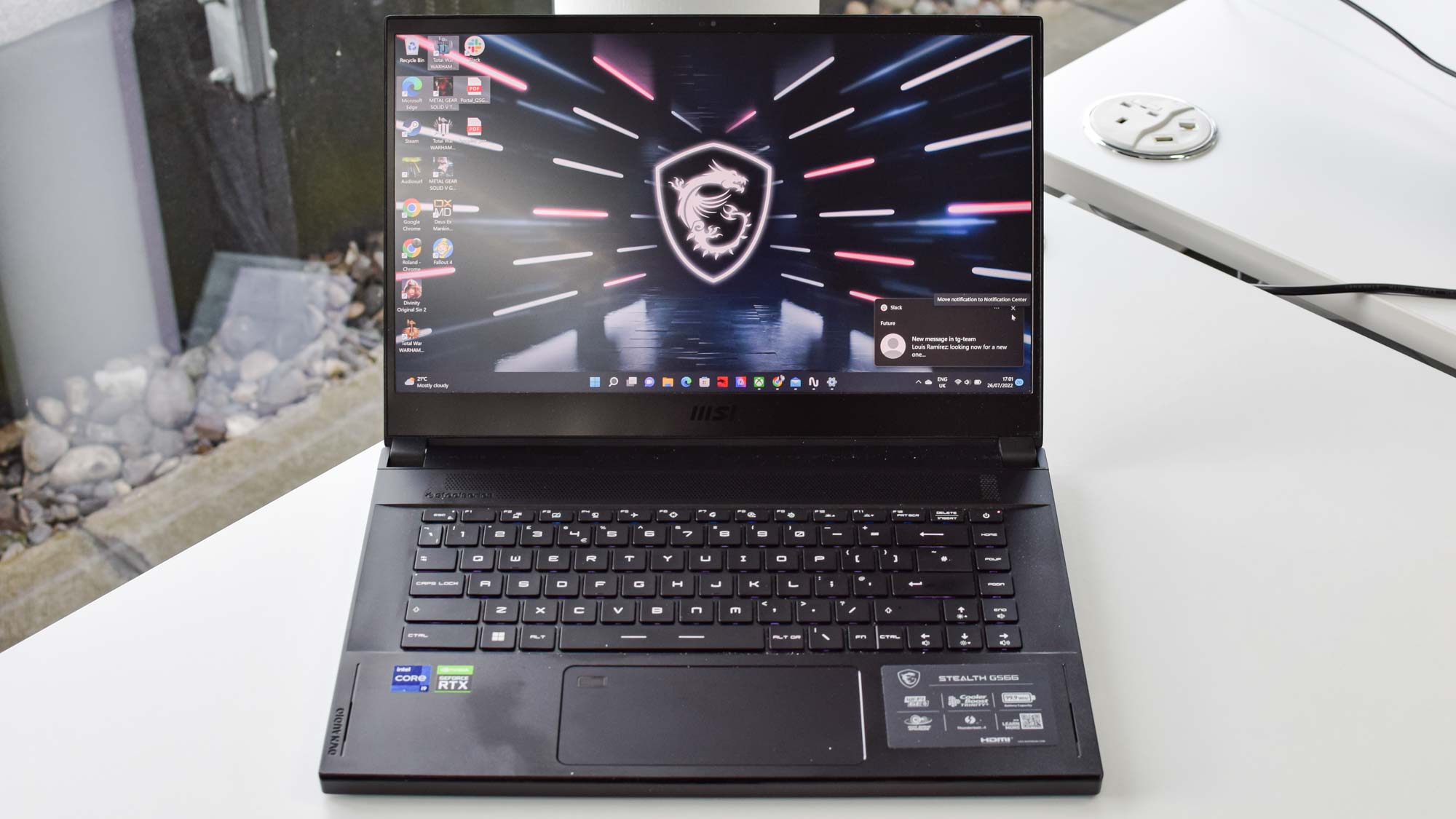
While the Stealth GS66 isn’t going to beat the likes of the new MacBook Air M2 when it comes to svelteness, it’s minimal display bezels means it fits in a 15.6-inch display into a machine that weighs a reasonable 4.6 pounds. Yet the model I was testing somehow manages to pack in a 12th Gen Intel Core i9 processor and Nvidia’s GeForce RTX 3080 Ti, as well as 32GB of RAM.
Now that’s a heck of a lot of power for a machine that fits easily into a small backpack or laptop bag and doesn't feel like one’s lugging around a brick; something that can’t be said for an older 17-inch gaming laptop I own. This meant I could take the Stealth GS66 to the office, thanks to its low-key design not screaming “PC gamer here” to my colleagues. Admittedly the fans did kick up a bit more noise than other systems, but not obnoxiously so.
At a price that sits around $3,000/£3,000, the Stealth GS66 I was using feels a little like overkill. I don’t think a 4K 60Hz display is needed on a 15-inch laptop. And the RTX 3080 Ti was perhaps a little much for the compact laptop; I’d have preferred the model that comes with a QHD 240Hz display and GeForce RTX 3070 Ti.
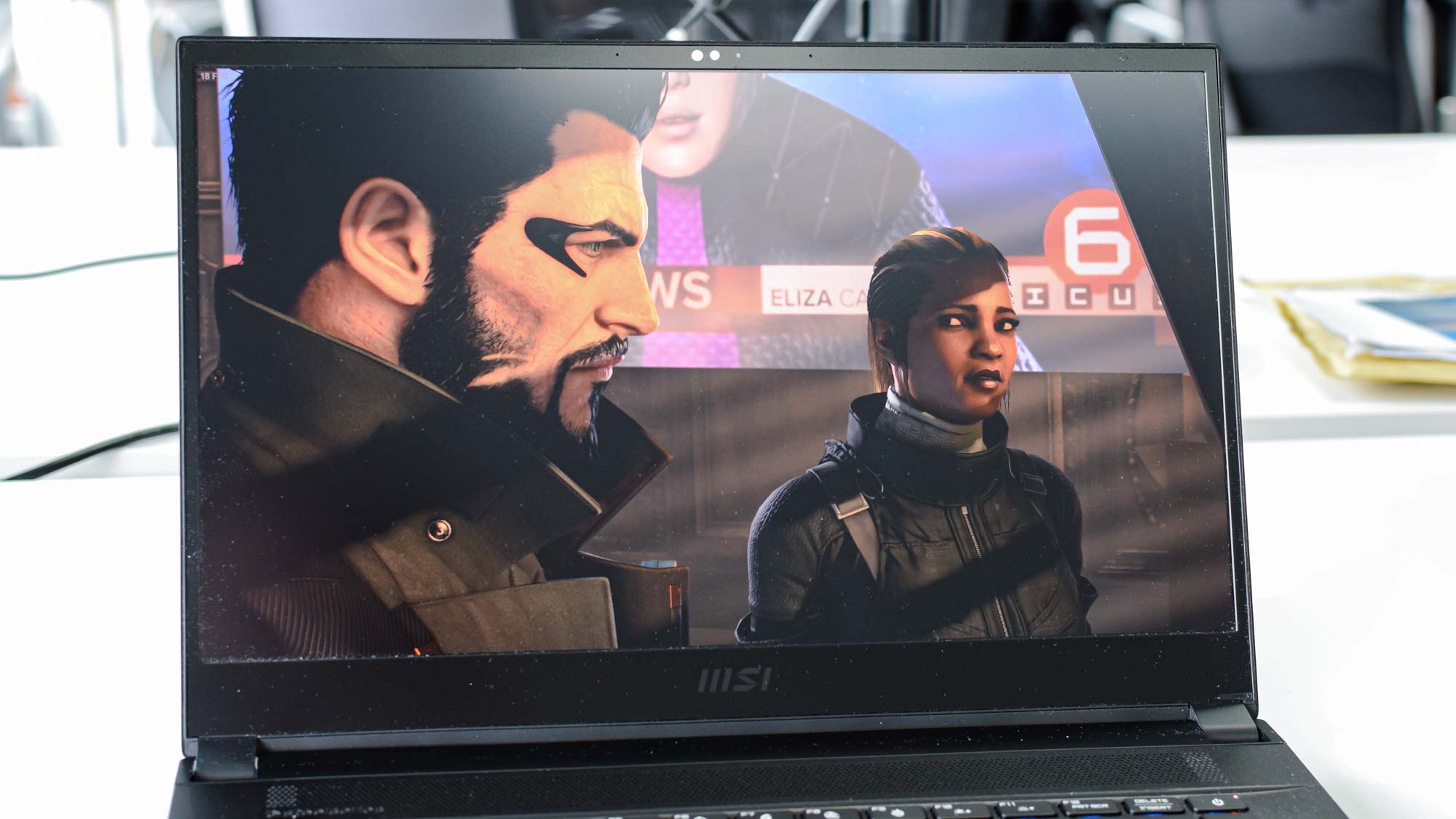
But this story is about more than just the ratio of specs versus value. It’s about how I could use this laptop for pretty much everything I need.
In the office, it presented a neat machine for hammering out tech news and other articles for Tom’s Guide; the use of a SteelSeries keyboard with customizable per-key lighting was a joy to type on. On the move, it’s easy to carry and I’d not feel conscious about using a gaming laptop at a swanky coffee shop.
At home, and on power, the MSI Stealth GS66 proved a powerful gaming machine that chewed through even the most demanding of games — in some cases it could act as a desktop replacement, connecting to an external display and using its bounty of ports to plug in peripherals like one of our picks for the best gaming mouse or best gaming keyboard.

And the Stealth GS66 isn’t alone here. The likes of the Asus ROG Zephyrus G14, Razer Blade Stealth 14 and Acer Triton 500 SE are thin and light gaming laptops that could also be used as work or content creations machines.
Sure, none of these laptops are cheap. But then again a lot of the best laptops are well over $1,000 and aren't likely to be able to offer the flexibility of these gaming laptops.
I imagine if you want a decent work laptop and a solid gaming PC you’d be looking at spending some $2,000, which is the price point where gaming laptops get seriously powerful. And yes, you lose the flexibility to upgrade. But it’s not like PC components are cheap and that easily available, and a good gaming laptop is likely to last you for some time.
Gaming laptops: An easy choice for college students
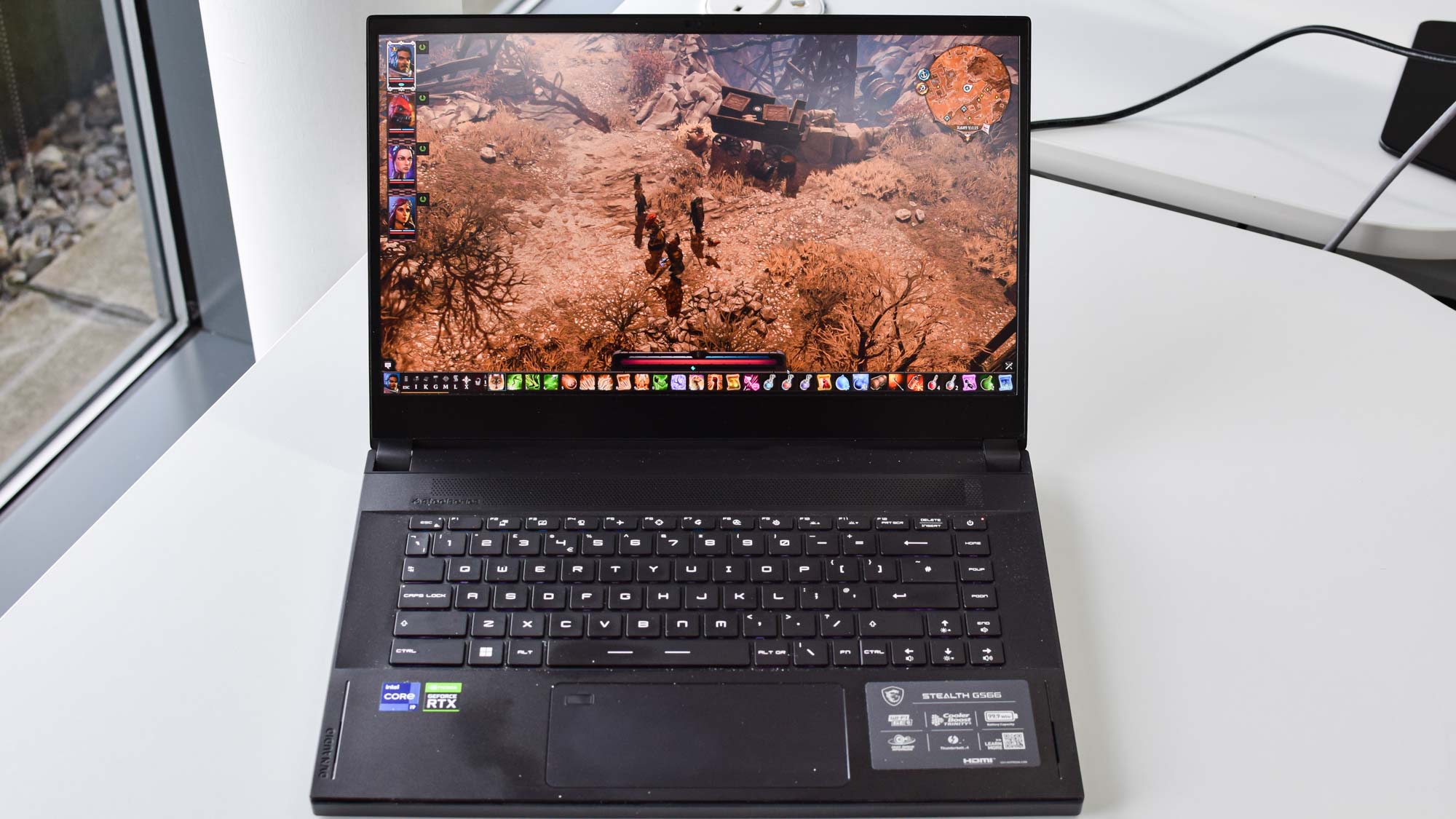
For people who travel a lot or have a lack of space to fit in a big desktop gaming rig, I feel gaming laptops are the answer. And they are also the type of machine I wish was around when I was a student.
At the tender age of 35, my university years are someway in the past. Gaming laptops were around back then, but they were clunky beasts with a lot of compromises. As such, I ended up getting a desktop to take to university
While it was invaluable, it was hardly the most flexible setup. This was a pain, as I was studying broadcast journalism, which required a fair bit of video editing and rendering, meaning my only choice was to use some rather clunky iMacs on campus, or go back to my room and use my gaming PC’s power to crunch through various snippets of vox pops and B-roll.
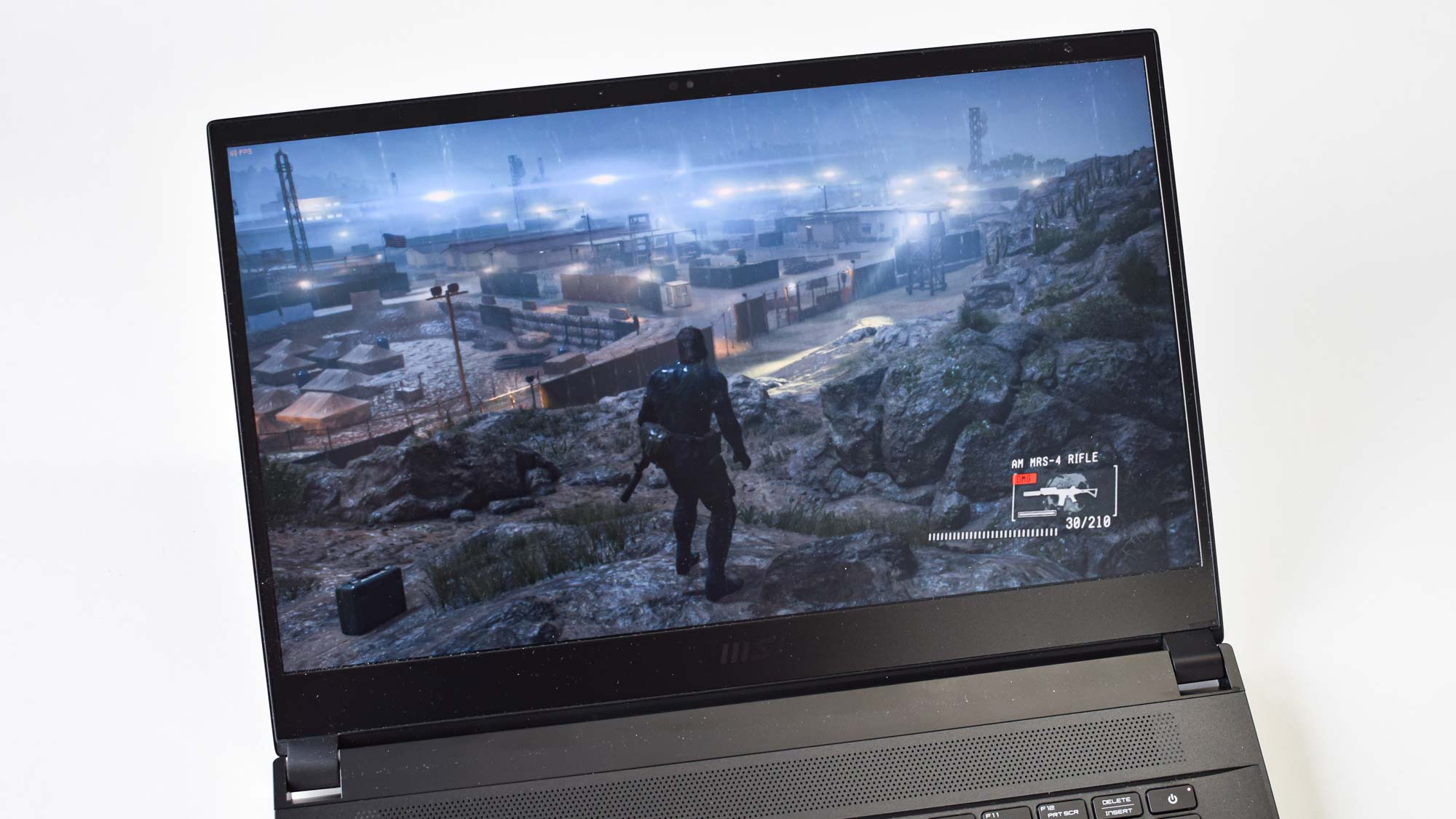
Had one of today’s gaming laptops existed at the time and been in my hands, this situation would have been a lot different. The power these laptops can kick out makes them great at video rendering, with solid cooling enabling sustained workloads.
Furthermore, we now live in a time where content creation is everywhere, so having the power to produce videos, especially in a portable package, makes a lot of sense. And when going home for holidays, it also means there's no need to persuade beleaguered parents to come and pick you up with your gaming desktop in tow.
So in short, if you’re looking for your next powerful do-it-all laptop or a machine that’ll see you through college, then I thoroughly recommend looking at getting a slim and light gaming laptop. It could even be the best overall value choice, given there are often great gaming laptop deals available.
Note: Chromebooks are incredibly popular with students for their portability, pricetag and functionality and now serious gaming on Chromebooks just became a reality as well.
Sign up to get the BEST of Tom's Guide direct to your inbox.
Get instant access to breaking news, the hottest reviews, great deals and helpful tips.
Roland Moore-Colyer a Managing Editor at Tom’s Guide with a focus on news, features and opinion articles. He often writes about gaming, phones, laptops and other bits of hardware; he’s also got an interest in cars. When not at his desk Roland can be found wandering around London, often with a look of curiosity on his face.

